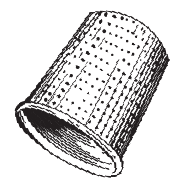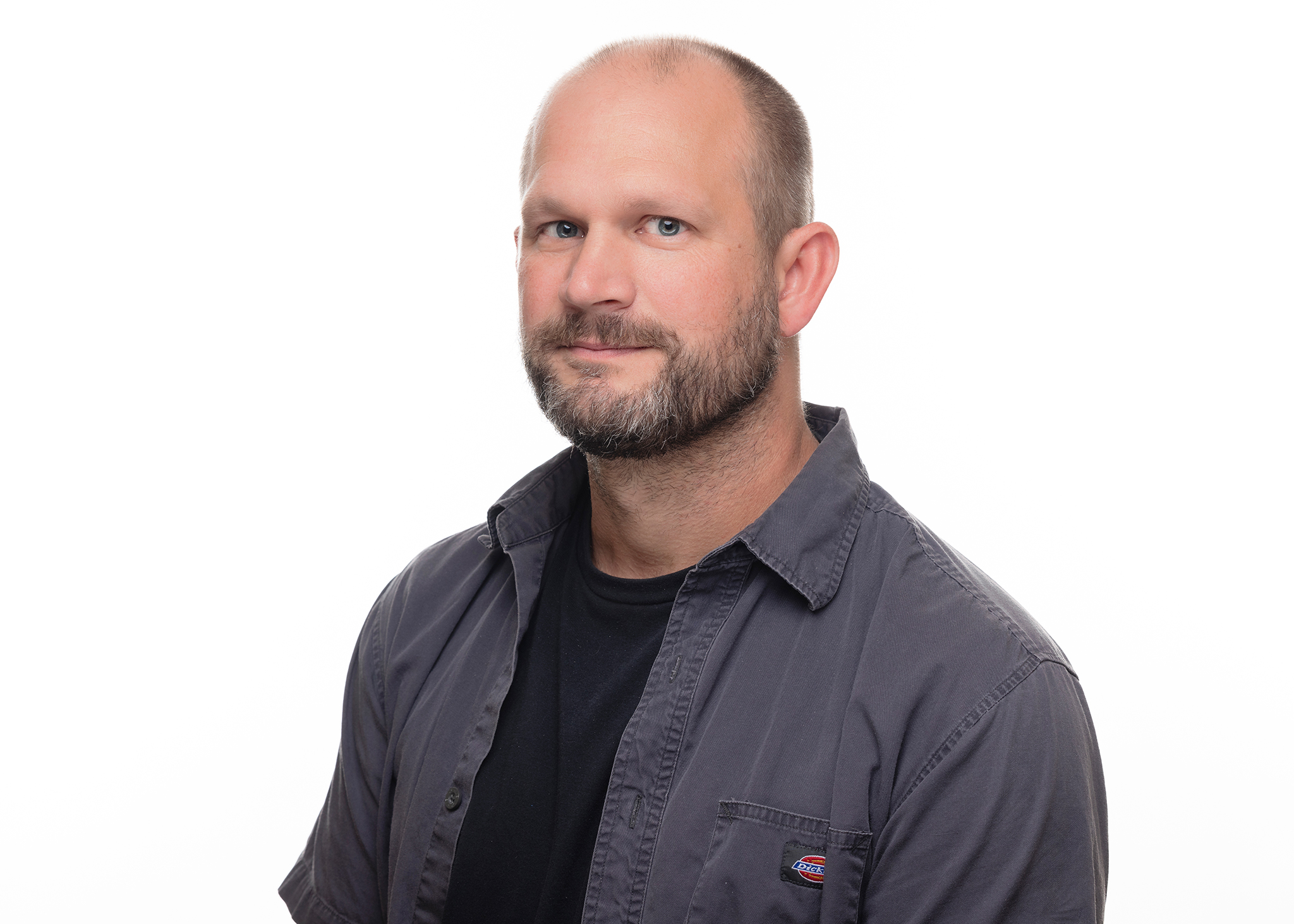Imagine that your grandmother is in the back row, knitting sweaters
for each of the students whose own grandmothers have blinked out
of this world, and I say this even though my own grandmothers
have blinked out of this world and never touched a knitting needle
except in those moments they spent on the floor of the closet
wondering if he was going to come again and if the knitting needle
could seal the cuts beyond the bruises or just keep him back a little
longer, but don’t worry because even my grandmothers are there,
knitting sweaters for students who bury caution in the snow drifts
to come to class, and once
you’re done imagining grandmothers, know it’s time to greet your
students
with hands out, hands back, touching, not touching, embracing,
distancing,
but whatever way you do this, be sure to read all the signs that say
if their histories of touch bring you in or hold you out, and know that
they dictate what is okay. Okay?
If you know their mystery, know you
have become community.
Speak their names.
Speak their names in echoes of the quake inside their voices. I
am Gayle. I am Rashid. I am Marlon. I am Trinity. I am Beesan. I
am Riley. I am Fatuma. I am Nathan. I am Jazzy. I am Chee. I
am Camila. I am Choua. I am Iman. I am. I am.
Let them tell their stories.
Forget that.
Let them tell their own stories.
Let them tell their own nerdy stories.
Let them tell their own queer-ass stories
Let them tell their own stories in which they’ve been broken by the
world around them.
Let them tell their own stories in which they’ve felt joy in the living
and the telling.
Let them know that grades are not an assessment of their stories, of
their lives, of their selves, and even though they won’t believe
you because they’ve been graded on who they are their entire
lives and you’re just some wall of academia standing or sitting
in front of them, and even though you want to hold them and
convince them that they are loved, know that grades are reward
or punishment and the only glory is telling our fucking beautiful
stories of pain and joy and all that surrounds us,
so make sure you tell your own
nerdy, queer-ass stories,
like the one when you were seven years old and your friends were
riding
their Big Wheels across the street and you never had a Big Wheel
and even though you weren’t ever suffering for food you felt
that Big Wheels were a sign of success or that you’d made it in this
world,
so you went to cross that street, looking both ways because that’s
what you
were taught, but looking both ways wasn’t enough because some car
still crashed into the side of your seven-year-old body and tossed
you
through the air
onto your skull
—and this is when you show them the scar on the back of your head
to say, yes, I’m telling you the truth, and I have scars to prove it—
ha, ha—and perhaps at this point, as you’re telling the story, your
limp comes back, left leg stiff, a little jacked up, and you’re
pacing, but not like a tiger in a cage, that’s too easy, too
aggressive, but like a pet dog who has to pee and no one is
opening the door—
and you let your students know that you survived, that you’re okay,
that you went from head injury to college professor, and maybe
some of them will get this message but most will wonder what’s
next, so you tell them you woke up, dizzy and spinning, no pain,
no nothing, and that emergency folks were working on you,
telling you you’d be okay, but you started crying, not for fear of
your injuries but because these emergency folks were cutting
off your best pair of red sweatpants that you just loved so much
and because you didn’t want all your neighbors and your friends
with their fucking Big Wheels to see your underwear.
Say: Fucking Big Wheels.
Say that your story has a lot more to it, like a broken femur and bad
recovery and an
additional scar on your mother’s leg even if that doesn’t make sense.
Say that all our
stories have a lot more to them and that this is simply a class and
even if their writing is
fucking brilliant it still won’t encompass everything and all that they
are.
Say: Fucking brilliant.
Because they’re fucking brilliant. Tell them this.
Don’t ever forget that Fatuma and Rashid and Jazzy and Trinity and
Choua and Nathan are all fucking brilliant. They are light.
Imagine your grandmother in the back row clapping for you because
you can’t forget that you, too, are brilliant, that you are light.
When a student falls asleep in class, let them sleep; it might be the
only sleep they’ve gotten this week.
When a student cries in class, let them cry; it might be the only safe
place to cry this life.
When a student says they don’t get the lesson or your nerdy, queer
-ass stories, tell them
it’s okay; there will be plenty more. Offer them plenty more.
Ask them what language they live in.
Ask them if their histories are buried inside their lungs or their gut.
Ask them how many breaths they take when they’re afraid of failing.
Ask them to describe the music that plays in their minds and mouths
when they feel seen.
Listen to their answers if they choose to share them because this is the birth of magic.
Do not grade them on their magic.
I’ve made the mistake of grading their magic. You’ll make the mistake
of grading their magic.
Remember that writing is more than paragraphs; writing wears our
skin and dances
to music that hasn’t been performed yet; it screams into canyons
carved by billions of years of planets cracking wide:
show them how to scream
and dance; they already know
how to wear their own skin,
so don’t pretend you know
that skin is both real and imaginary, or that everything
lends itself to literary analysis because sometimes
a pen is just a pen, skin is just skin, and an absence
is just absence.
If you feel them slipping, wink, and say you have the real reason for
this class, and that it’s just around the corner, just under the
cover page, just on the palm side of their hands, and when they
look at the lines and crevices and scars and blisters and that one
spot of darker or lighter skin they’ve been concerned about
since they can remember, tell them
language is a trick.
The Real Reason you teach this class is for magic words, to learn the
spells of communication, of manipulation, and you want them
to discover the language they can use to cast spells on their
readers, to bring them to understanding and love and
knowledge of just who they are, which means they can
understand just who they are, which is magic all on its own. And
when they turn away and mutter that their spells are bad
English, tell them the second secret: others cast spells, too, and
the counter-spells work best in bad English.
Tell them about the grandmothers and their fucking brilliant names
and the magic of fucking Big Wheels and why grading is an
exercise in cruelty and that your limp has healed and that
you don’t really know what you’re doing but you’re doing it the
best you can and that their stories are beauty, that they are
beauty, that this—this thing you’re all doing together—is a little
jacked up, but it’s fucking beautiful.


